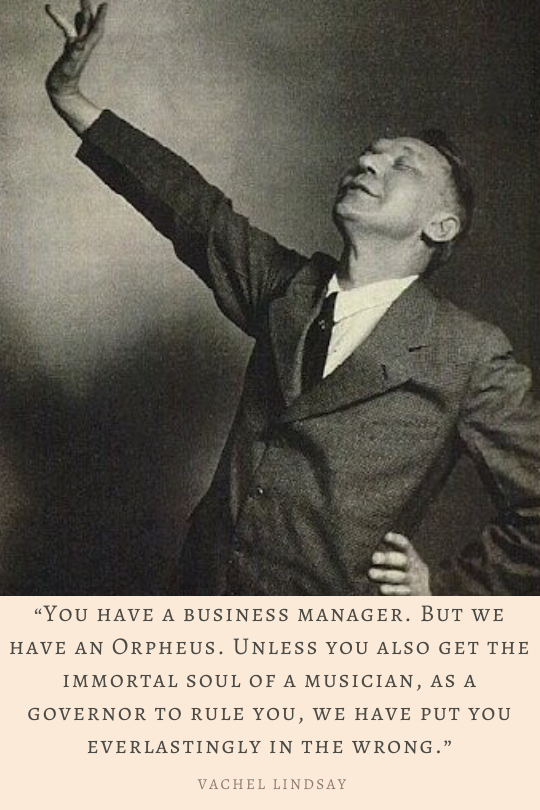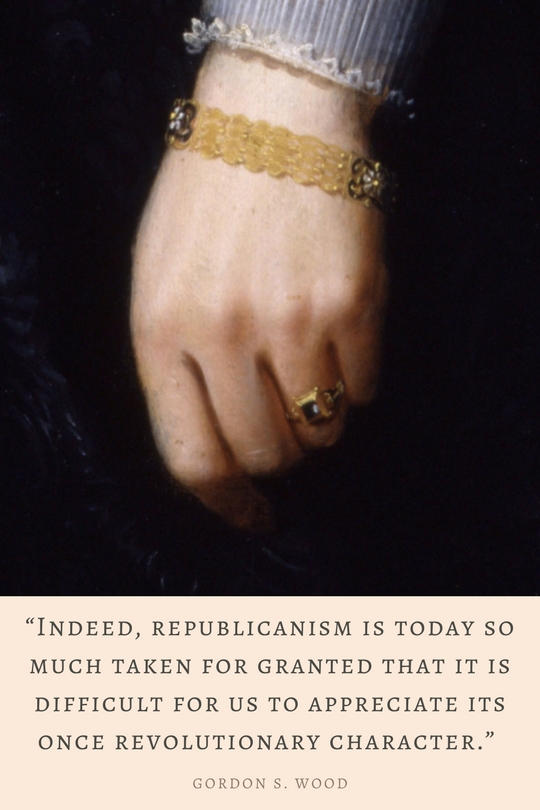These Seven Kinds of Love will Change your Attitude to Life
LOVE (EROS), like the god PAN, is an important god (one of the primordial ancient Greek gods). Eros does not simply refer to an intense Erotic Love, but is an exulted Divine Ideal, that can be a frightening and dangerous POWER. It is considered to be a quickening FIRE, or psychic force that burns out quick, but Socrates referred to Eros as a beautiful idealistic form of love existing in the spiritually mature. It is today very common to hear love defined in a strictly physicalist, scientific sense, “a result of neuro-chemical reactions,” as opposed to a romanticist “abstract love.” However, this idea of its abstract nature long precedes the romanticists.
I will explain how these seven classical types of love actually move, interchange and transform with one another in our relationships with people, and our thought and emotion towards, or for them.
You can have a combination of kinds of love.
This multi idea of love derives from a metaphysical view, various creationist stories, from life experience — from actual long lasting friendships to long lasting relationships and long-lived lives.
Love can drive one to madness, but love can drive one towards grace and solace. Hence, there cannot be just one definition of love, since we each define it subjectively; but neither is there a single type to encompass the ultimate range and phases of it.
Love is in this ancient metaphysics, a cosmic and primordial force! In the mythical stories of the ancient Greeks, it is depicted as a PRIMORDIAL GOD. Within the Greek language, there were several types of love described:
[1] Éros (personification of procreative principle),
[2] Agapé (caring selfless love)
[3] Epithumia (sexual desire; passionate longing),
[4] Storge (devoted loyalty or familiar love through memories), and —
[5] Phileo or philía (the loving heart of friendship that has endured long hardship)
*Additional Types of Love
[6] Ludus
[7] Pragma*
The “feeling” associated with “being in love” is not sufficient to hold a relationship together. There are more qualities that are essential in any relationship.
In a durable, sincere, loving relationship with a partner, married or heading there, as all experiences of those who’ve lived this form of relationship, the love changes into a much more serious form of love. Old couples say also, that even the ‘tingling sensation’ (or spark — when their partner for example walks into the room or in certain moments) does not die. This sustained love into old age is very interesting.
It will require a sense of responsibility, mature communication, imagination, deep friendship, sacrifice, character, charity, tolerance and benevolence (or kindness). As two people in an often loveless world, the element of kindness becomes important. It is that essential tender gentleness and friendship, which is most capable between two persons in a relationship who will journey together for some time, or throughout their lives. Although a bond, it still involves two different human beings. This recognizes two main types of intimacy: one created from romantic-passion developed between two strangers, and the second, friends-first initiation. The second type of intimacy is actually more common than is thought.
I would think in either type of intimacy, there’s a great need for self-understanding, self-honesty, and self-awareness.
To love a person is to know also the brittleness, the suffering, the pain, and transgressions that both have gone through and will endure, as individuals and together, which is a combination of both Storge and Phileo.
It is our conception of that abstract love that sustains the bond and leads to Pragma, or longstanding, enduring love. We create and shape our story. Pragma can only come about through the efforts of both persons, is practical, and founded in an understanding of longer-term interests, shared goals, personal qualities, and compatibility. Older couples possess this pragma, and long-lasting, they display a combination with “ludus.”
Ludus is a playful love.
It is one or several of these we can feel with other people, because the storge for family, which is that devoted and familiar love, is also a key factor in the relationship with a partner, with whom you grow with. Since eros also applies to amorous passion, the strength of this principle manifests as passionate lust, leading to sex, and the ‘act of procreation.’ The longing for that passionate lust to be fulfilled would be epithumia. It can be a mania, or obsessive love, which is a result of an imbalance between “ludus” (playful love) and éros. Eros has to be balanced, because it can become dangerous, just as “Philautia” can be a dangerous or healthy love of self (a cognitive, emotional appraisal of our own worth).
Procreation was also used to represent the birth of the GODS, seen in one sense as the personifications of the phases and forces in the birth of the cosmos. Motion acts on matter from within, and that impulse giving rise to life is considered to be the act of EROS. The world in this philosophy is sustained by forces, and Eros personified that Principle of Motion and Force that is the impulse in nature to develop and cause life.
The human feeling we term “love” brings into it the element of selfishness and duality by nature of Matter, by the Substance and Life we live, move and breathe in.
Long-lasting partners often say they feel “lucky” it lasted, and then explain the fundamental and most vital things that got them to that place. So, if we are defining love solely as a passionate lust, or that high that lasts three-six months into a relationship, we won’t be able to understand those that have found a more serious kinship and bond that deepens and transmutes. Herein, we may grasp a part of the god and cosmic myth of Eros.
If we take this into consideration, we can begin by contemplating on these kinds of love. As we can see, I did not choose one or two particular kinds of love, since there can be varied combinations in the relationship.
In the fragments of the Phoenician, Vedic and Greek Cosmogony, Desire and Primordial Fire (Agni, Pothos, Eros) are considered divine. The source of that LOVE was absolutely necessary to the evolutionary impulse, and thus remains necessary and needed in our times. It is always there among those willing to discover its beauty, depth and mystery. Let us all think on these wonders.











